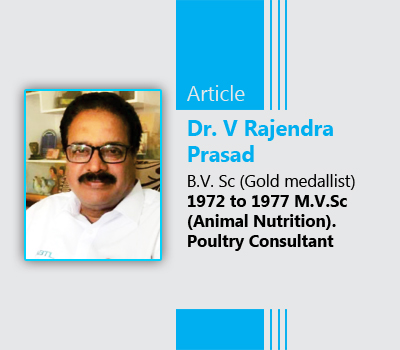People have eaten eggs for thousands of years. People who are sick or recovering are asked to eat eggs because right from the shell to the core, they come loaded with plenty of nutrients which are good for a healing body.
Eggs come packed with a lot of amino acids and antioxidants, which improve our health and keep our immune system functioning in the best way.
Each egg (75 calories) pack in 6 g of muscle-building protein apart from essential core vitamins like selenium (22%) and vitamin A, B ,D and K. They also contain another nutrient, riboflavin.
The human body needs lysine for healthy functioning:
Benefits of lysine include:
- Helping the body absorb calcium, iron, and zinc.
- Promoting collagen growth
- Helping produce enzymes, antibodies, and hormones
- Supporting the immune system.
- Leucine may help in healing skin and bones.
- It may increase muscle growth and lean body mass.
- It may increase production of human growth hormone (HGH).
- It may help control blood sugar.
- Isoleucine may also help muscle development and lean body mass
- It may help control blood sugar.
- It may also boost energy and endurance.
- It’s also said to help speed healing of injured muscles.
- Eggs come loaded with zinc, which can speed up recovery and get rid of a cold.
- The selenium present in eggs can also help promote good heart health, cut out bad cholesterol and keep lifestyle risks at bay.
- A lot of people believe that only egg whites are healthy, and skip out on eating the yolk.
- Eggs are one of the highest natural sources of vitamin D.
- Eggs might be able to help keep vitamin D levels high to lower the risk of Covid 19 disease, maintain strong bones and teeth, as well as lowering the risk of cardiovascular disease.
- Egg yolks may weigh considerably high in cholesterol but they are also rich in protein and selenium,
Overall, eggs ranked as the most cost-efficient food for delivering protein, choline, and vitamin A, vitamin E, and for vitamin D.
Busy Lifestyles Eggs can Fit into a Hectic Schedule.
For people who lead busy lifestyles, eating healthfully is particularly challenging.
Tight schedules filled with activities often mean eating away from home, grab-and-go snacks, and skipped meals.
That is why choosing nutrient-dense foods, such as eggs, is essential.
Eggs are a good or excellent source of eight essential nutrients, including choline, selenium,
Eggs are also one of the few natural food sources of vitamin D (6% Daily Value in a large egg), a nutrient of public health concern.
Often times people see eggs as time-consuming, but they don’t have to be!
Eggs can be easily prepared in the microwave or batch cooked for busy weekday breakfasts.
Hard-boiled eggs are perfect for people on the go. Eggs can cook in just minutes! Find easy breakfast solutions. Starting the day with a balanced breakfast that includes protein can help keep hunger at bay and help fuel a busy morning.
Also, read | Poultry Breeding: Recent Molecular Approaches, Breeding Programmes and Selection Methods
Author:

Dr V Rajendra Prasad
(Poultry Consultant)















